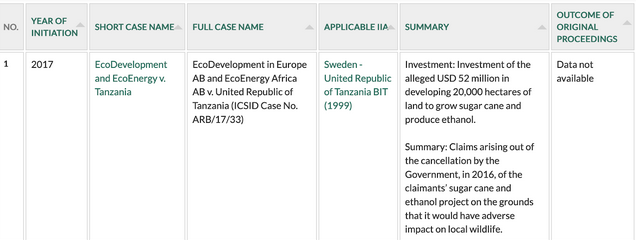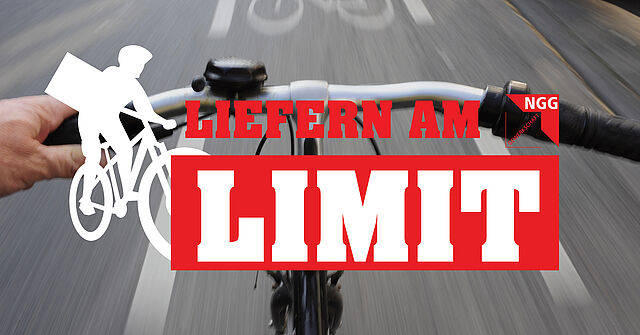NEWS FROM BERLIN
Tempelhofer Feld: “development ideas competition” launched
In 2014, Berlin held a referendum which ruled out any building on the airport turned public park Tempelhofer Feld. However, with a CDU-led government backed by powerful real estate developers and a housing crisis, one of the biggest and most-visited urban parks in Europe looks to be in danger yet again. The CDU and SPD have recently announced they would like to “explore the possibilities of cautious peripheral development in limited parts of the area with an international urban planning competition.” Architects will be invited to pitch building plans at the edges of the Field. Due to the last referendum, it is expected that the Berlin people would have to be consulted somehow if any plans were to go ahead. Source: exberliner
NEWS FROM GERMANY
Hundreds at right-wing demo in a small town in Saxony
Hundreds of people met in Sebnitz last Monday for a right-wing demonstration promoted by the micro-party “Freie Sachsen” (Free Saxony). Around 450 people protested with posters with Islamaphobic messages as well as demands to stop asylum seekers and anti-Green party messages. At the same time, at a local church (Peter-Pauls-Kirche) a prayer for peace was held. Just a few weeks earlier, there was quite a brutal attack at a refugee home. Four masked strangers entered the house, shouting xenophobic slogans. An 18-year-old Afghani man was injured after violent attacks and objects being thrown at him and another younger person. The attackers fled when other residents had arrived. Source: t-online
A right-wing country
The quantity of right-wing extremist demonstrations has tripled this year compared to the same period in 2022. This comes out from the response of the Federal Ministry of the Interior to inquiries made from the party die Linke in the Bundestag. In the first half of last year, 35 right-wing marches were held nationwide. For the same time period in 2023, there were already 110. The majority of the demonstrations happened against the admission of refugees, said the Bundestag Vice President Petra Pau (die Linke), when considering about the figures. Source: nd-aktuell
Germany’s climate effort is not enough
A body of experts on Tuesday has said in its policy review that Germany’s proposals seem to be insufficient for the mitigation of climate change. The council said that even if the program was to be fully implemented, there would still be a larger gap than the one claimed by the German government. The group added that the 130 measures did not amount to a cohesive overall plan. Germany has pledged to reduce its greenhouse emissions to 65% of those registered in 1990 by the year 2030, which would amount to total emissions of 440 million tons. Last year, greenhouse gas emissions were at 746 million tons. Source: dw
Update: Germany’s €49 ticket
As of August 15, 2023, new rules for the Deutschlandticket have come into effect. Specifically, those rules which affect what one is entitled to in case a regional train is delayed. It is only now possible to switch to a high-speed train under very specific circumstances. The rule change also exempts Deutsche Bahn from refunding its clients whenever there are delays due to extreme weather conditions, a more and more frequent phenomenon. In previous months, the German train company has had a far from less than perfect track record when it comes to punctuality. It therefore seems like these new rules could represent an `escape clause’. The German Consumer Association is challenging the changes. Source: Exberliner
Court rejects an injunction against Shelby Lynn
In May, Lynn made her experiences at a Rammstein concert public. Lindemann took legal action against it – but his case was rejected on August 15. Previously, Lindemann’s lawyers had obtained several successful preliminary injunctions from the Hamburg Regional Court, which, according to experience, applies strict standards to the reporting of suspicions. Most recently, these included injunctions against the influencer Kayla Shyx and against the “Süddeutsche Zeitung” and the “NDR”. It was only last week that it emerged that the law firm failed to attain a full injunction. An attempt had been made to have certain formulations in a petition against Berlin concerts by the band “Rammstein” banned, but without success. Source: tagesspiel
Germany plans for migration agreements with 6 more countries
The German government has announced its plans to immigration agreements with six new countries (Georgia, Moldova, Uzbekistan, Kyrgyzstan, Kenya and Morocco), in order to plug the nationwide worker shortage. The agreements would be introduced in addition to Germany’s new immigration laws, which will see a points-based immigration system that intend to make it easier for non-EU nationals to look for long-term employment. Economist Monika Schnitzer claims the country should consider welcoming 1,5 million new migrants each year so that public services and businesses have enough staff to meet the needs of the population. Source: iamexpat
German meat production on a sustained decline
The figures are in for the first half of 2023: compared to the same period of 2022, production in Germany has dropped by more than 5 percent. Meat production has been on the decline across the country since 2017. The report published by the Federal Statistical Office (Destatis) has shown that the amount of meat that commercial slaughterhouses in Germany produced in the first half of 2023 dropped to 3,3 million tons (5,9 percent). In this context “produced” means when the animals were both raised and slaughtered within Germany. Despite the decline, animals bred in the German meat production industry are still slaughtered on a very large scale in 2023. Source: iamexpat



